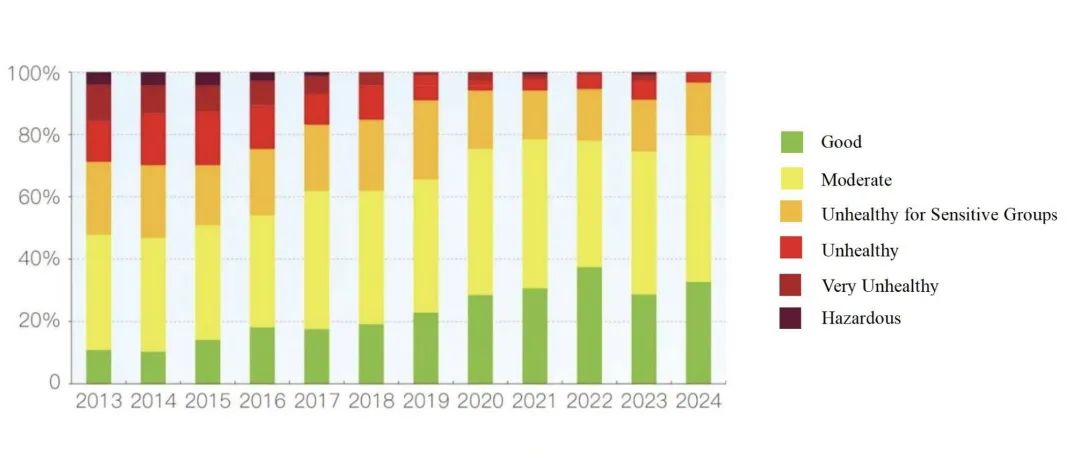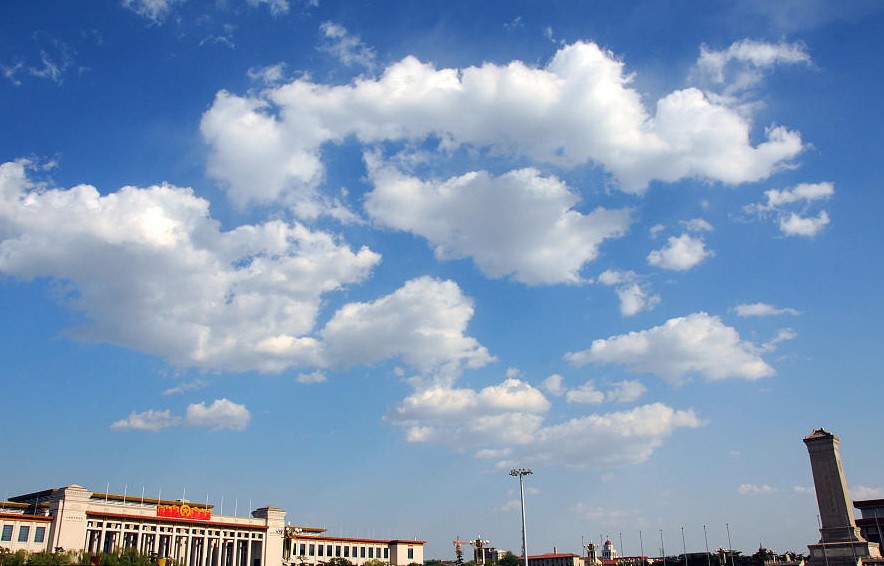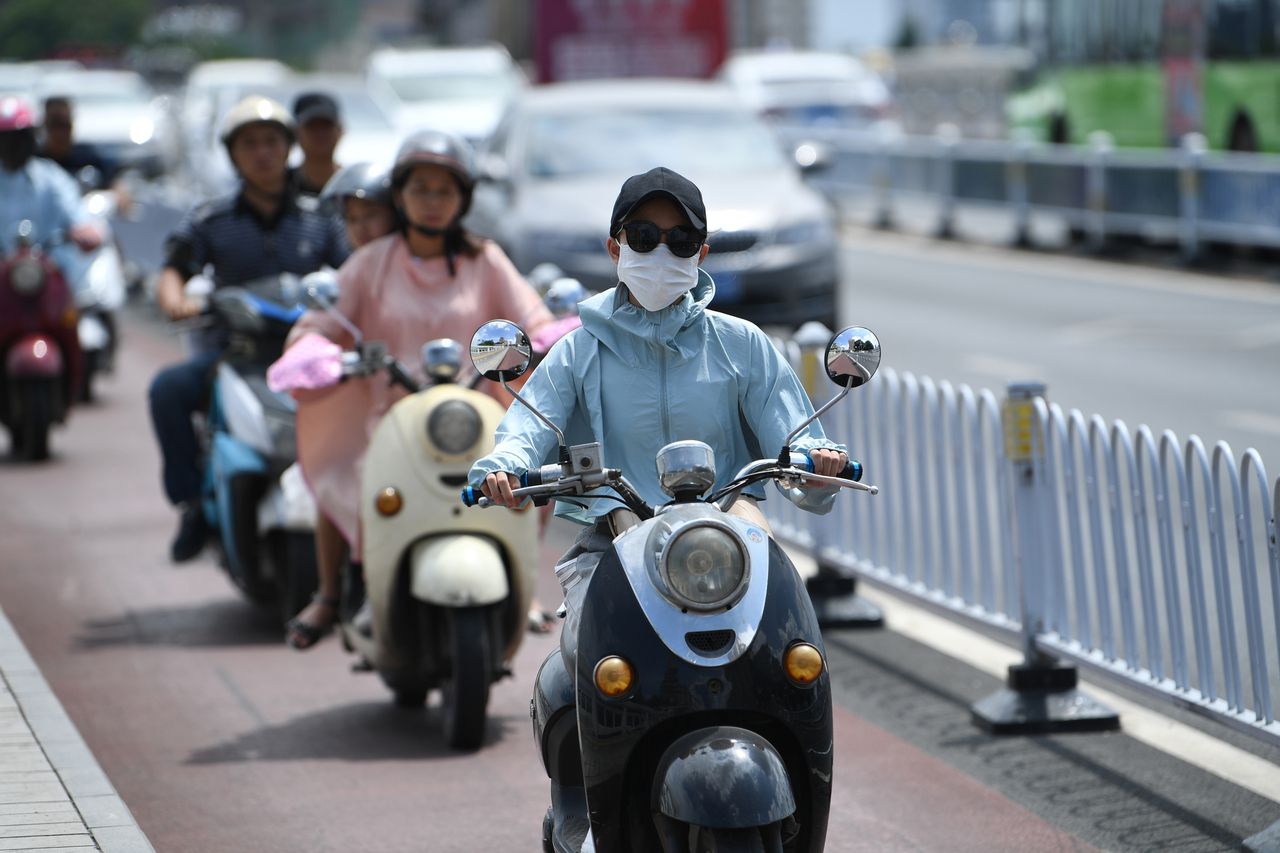Last week, the Beijing Municipal Bureau of Ecology and Environment released the 2024 Beijing Ecological Environment Status Bulletin, stating that the year saw the city set two historic records: the highest number of days with good air quality and the lowest number of days with heavy pollution since data was first collected in 2013.
In addition, the annual average concentrations of the four major pollutants decreased by more than half, with that of PM2.5 dropping by 65.9 percent since 2013.

Image via Beijing Service
Beijing’s five major water systems also showed remarkable improvement, with 87.2 percent rated as having good water quality, an increase of 15.9 percentage points from 2013 and nearly 40 percentage points compared to 2013.
The capital has been focusing on decreasing air pollution and environmental toxins since it faced negative press and concerns for the health of athletes leading up to the 2008 Summer Olympics and has continued to make impressive progress over the last twenty years.
The pace of the improvement since 2013 has been astounding—it took major American cities such as Los Angeles decades to achieve similar goals.

Smog over the Forbidden City in 2013. Image via IC
Last year’s record-setting advances are due to additional measures, including promoting new energy vehicles, upgrading emission standards, and advocating for fully enclosed construction practices.
Researchers at the University of Chicago study found that Beijing residents can now expect to live 4.6 years longer than they would have with air pollution at the 2013 levels.
However, particle pollution in Beijing remains about six times higher than WHO guidelines, which, if reached, could improve life expectancy but another 2.6 years on average.
Although there is still progress to be made, it seems that the terrible days of the airpocalypse are behind us and Beijingers can look forward to more blue skies ahead!

[Cover image via AI]






















0 User Comments